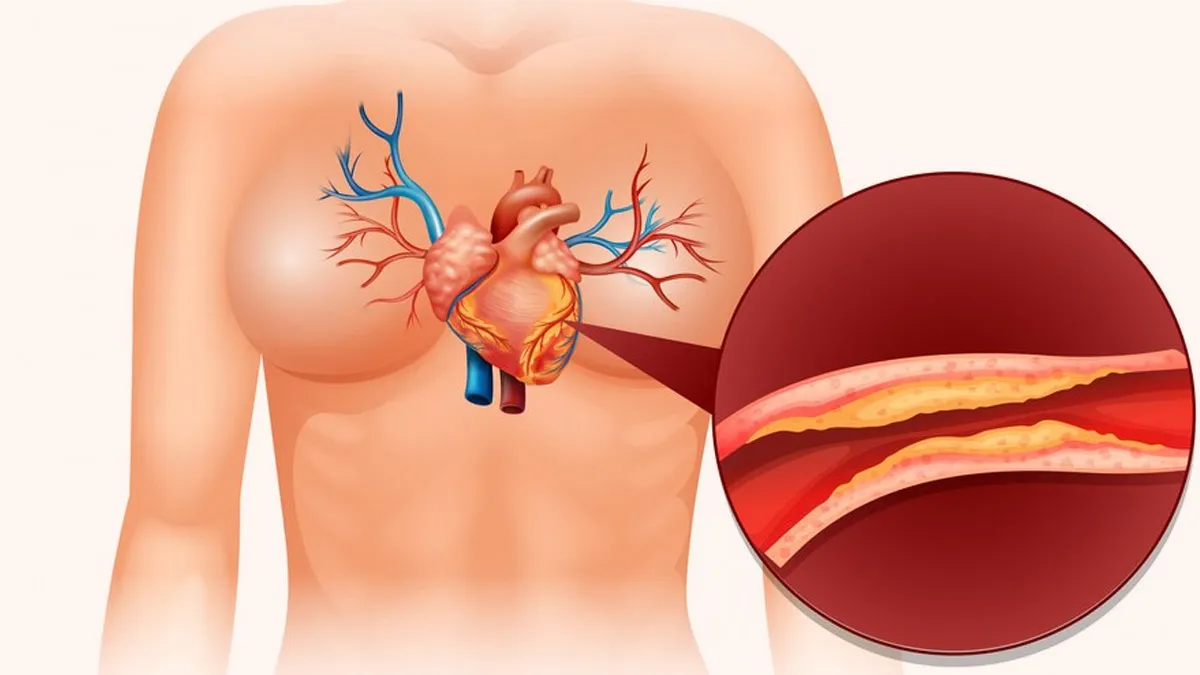
Have you ever wondered how something you can't feel or see could silently affect your health? Silent inflammation in the arteries is one of those sneaky conditions which can increase your risk of heart disease, stroke, and other serious illnesses. Unlike a sore throat or a swollen ankle, it doesn’t come with obvious signs, which is why it often goes unnoticed until it’s too late. In this article, we list effective natural remedies that can support your cardiovascular health and keep your arteries in check.
Table of Content:-
Silent inflammation occurs when the body’s immune response is chronically activated, even in the absence of an infection or injury. In the arteries, this can result in the buildup of plaque and the narrowing of blood vessels, leading to reduced blood flow. This may eventually lead to severe cardiovascular disorders. Symptoms often remain undetected until significant damage has occurred, which is why prevention and management are critical.
Herbs for Reducing Arterial Inflammation
1. Turmeric
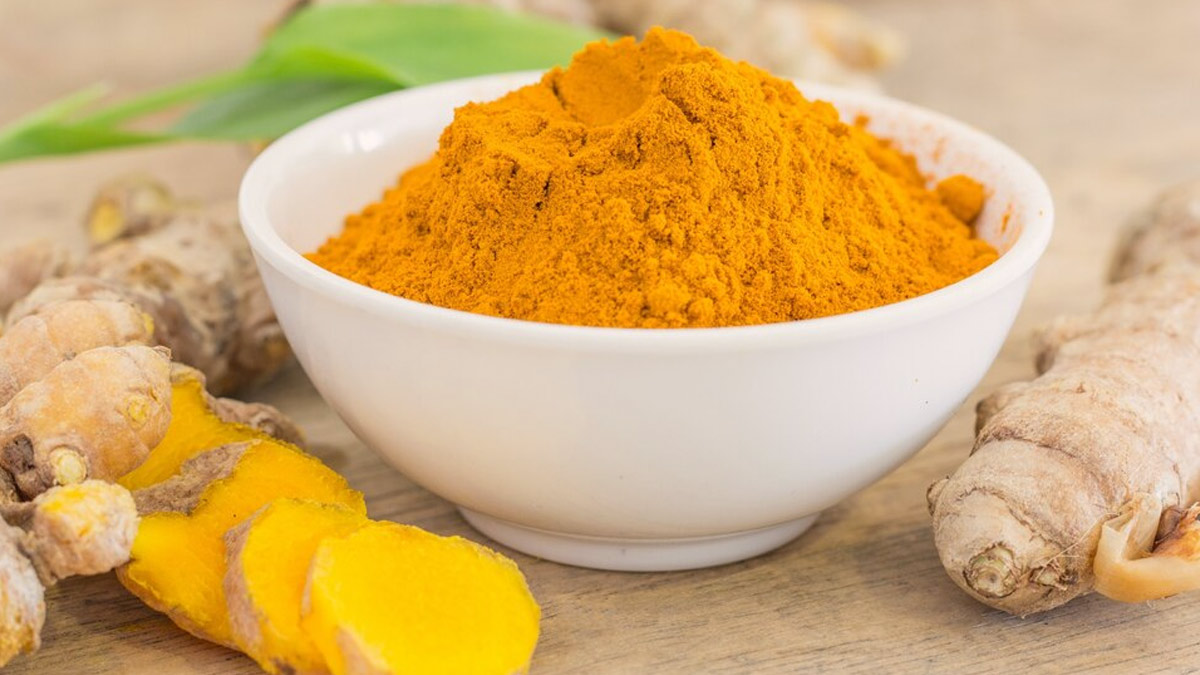
Curcumin, the main ingredient in turmeric, is widely known for its potent anti-inflammatory and antioxidant qualities. According to a 2019 study, curcumin can inhibit inflammatory pathways and reduce markers of inflammation in the body, making it a key player in promoting arterial health.
How to Use
- Add turmeric to your cooking, such as in soups, curries, and teas.
- Take curcumin supplements, but consult a healthcare professional for appropriate dosage.
2. Ginger
Ginger is another potent anti-inflammatory herb that works by blocking inflammatory mediators in the body. It has been shown to improve blood circulation and reduce oxidative stress, both of which are vital for maintaining healthy arteries.
How to Use
- Steep sliced ginger in boiling water to make fresh tea.
- Grated ginger can be added to stir-fries, baked foods, and smoothies.
Also Read: Explainer: What Is Chronic Inflammation And How Does It Lead To Weight Gain?
3. Garlic
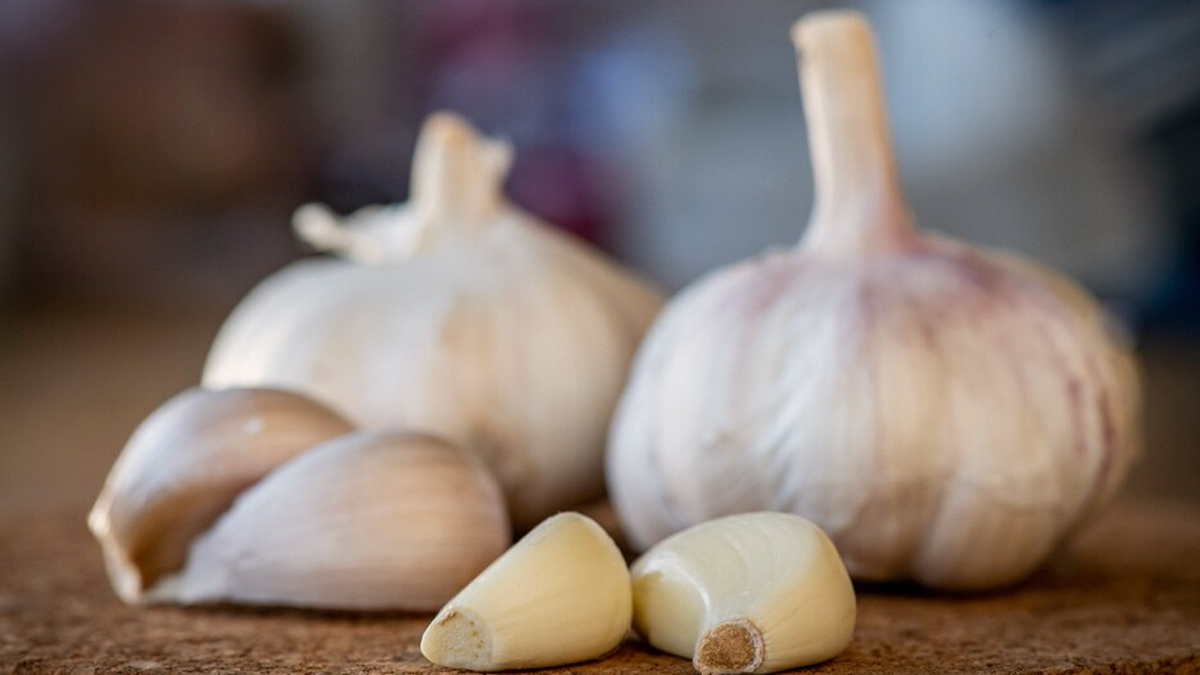
Garlic is well-known for its cardiovascular benefits, including its ability to lower blood pressure and reduce arterial inflammation. The active compound allicin helps improve blood flow and inhibit inflammatory processes, as stated in the JAMA Network.
How to Use
- You can consume raw garlic cloves or even add them to your meals.
- Use garlic supplements if the taste is too strong, but consult a healthcare provider first.
4. Green Tea
Green tea, rich in polyphenols, such as catechins, exhibits significant anti-inflammatory and antioxidant effects. Regular consumption of green tea is associated with reduced arterial stiffness and improved endothelial function.
How to Use
- Drink 2-3 cups of green tea daily.
- Opt for high-quality loose-leaf tea for maximum benefits.
5. Cinnamon
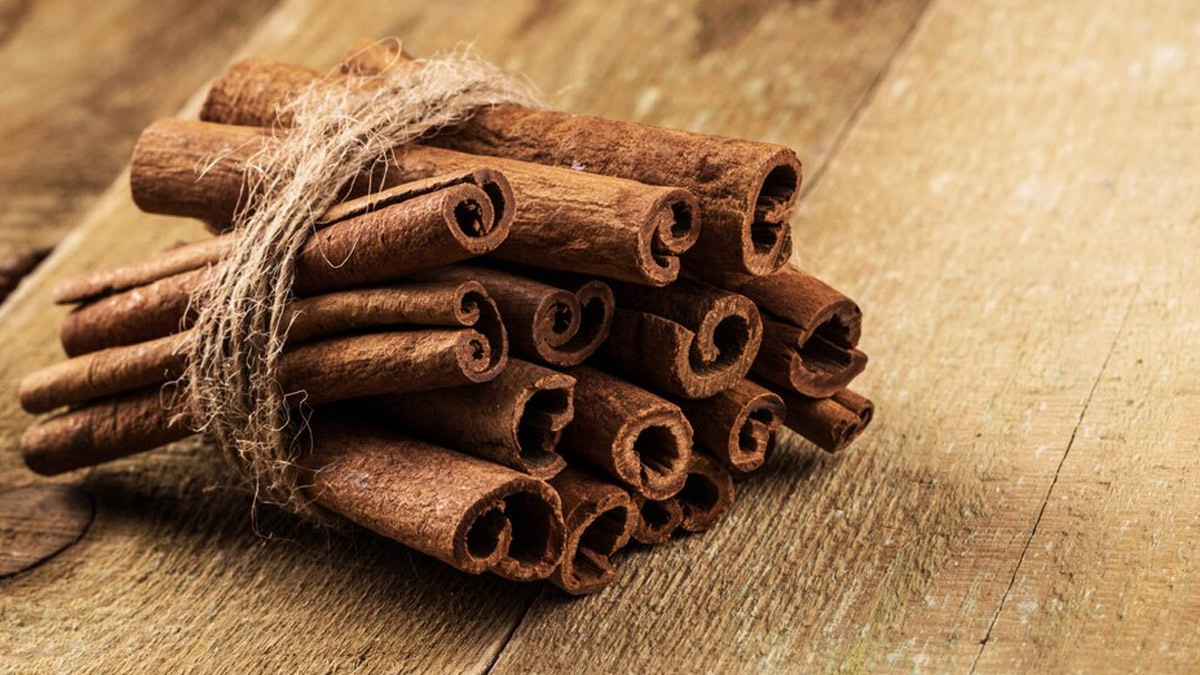
Cinnamon contains cinnamaldehyde and other compounds that combat inflammation and oxidative stress. It has also been shown to reduce cholesterol levels, which can further protect against arterial damage.
How to Use
- Sprinkle cinnamon on oatmeal, yoghurt, or smoothies.
- Use cinnamon sticks to infuse teas and beverages.
Also Read: Inflammation: Here's How It Can Impact Cardiovascular Health
6. Boswellia
Boswellia, also known as Indian frankincense is recognised for its ability to reduce inflammation by blocking essential enzymes involved in the inflammatory process.
How to Use
- Use Boswellia supplements after consulting a healthcare professional.
- Mix Boswellia powder with water or smoothies.
7. Rosemary
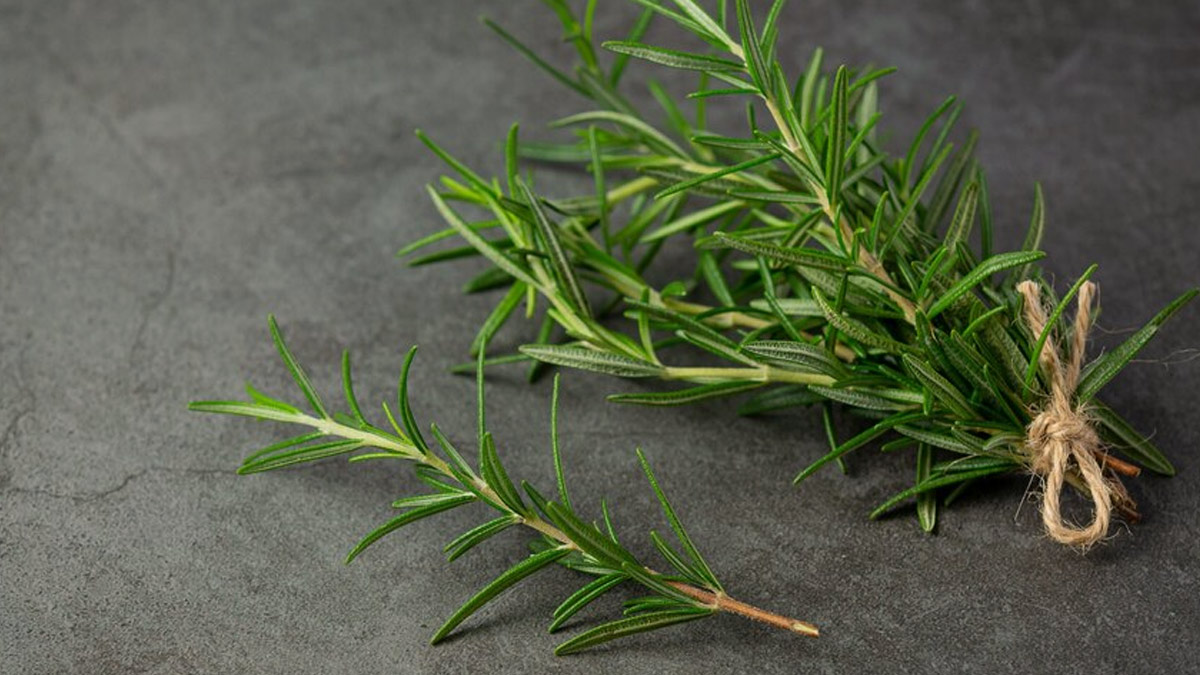
Rosemary’s anti-inflammatory and antioxidant compounds, such as rosmarinic acid, can help reduce oxidative stress and inflammation in the arteries.
How to Use
- You can add fresh rosemary to roasted vegetables, meats, or soups.
- Use hot water to soak dried or fresh rosemary leaves to make tea.
8. Holy Basil (Tulsi)
Holy basil is an adaptogenic herb that helps the body manage stress—a significant contributor to silent inflammation. Its anti-inflammatory and antioxidant properties make it a great addition to any heart-healthy routine.
How to Use
- Brew tulsi tea using fresh or dried leaves.
- Add holy basil to salads or herbal remedies.
[Disclaimer: This article contains information for informational purposes only. Hence, we advise you to consult your professional if you are dealing with any health issues to avoid complications.]
Also watch this video
How we keep this article up to date:
We work with experts and keep a close eye on the latest in health and wellness. Whenever there is a new research or helpful information, we update our articles with accurate and useful advice.
Current Version
